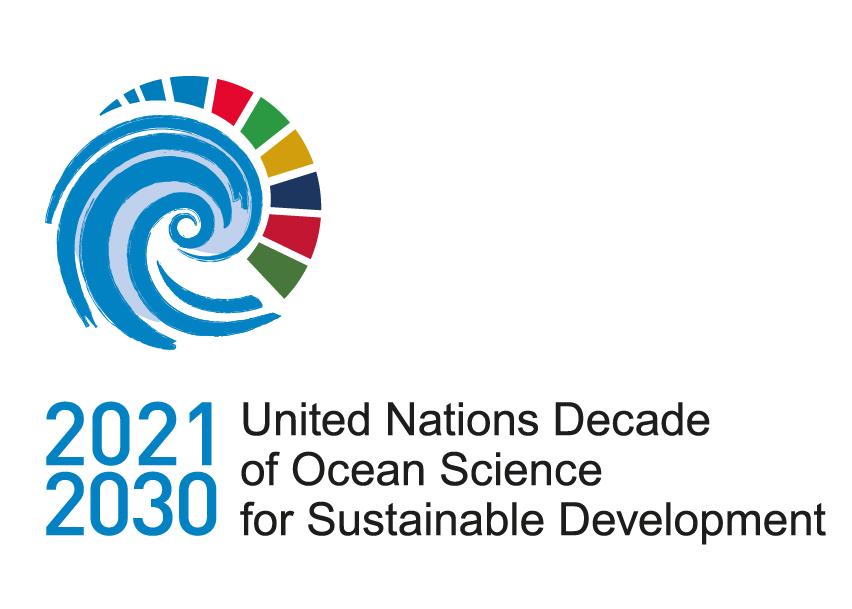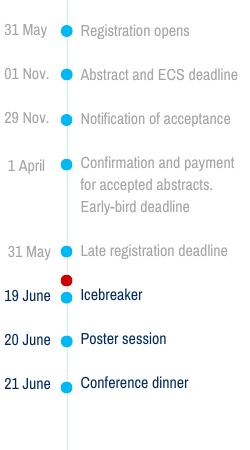Dates: June 20-22nd, 2022
Venue: Scandic Bergen City hotel, Bergen, Norway
Key challenge of the symposium
To summarize and explain the hydro-biological variability observed during the decade of 2010-2019 in relation to longer time variability or change, and to quantify the interactions between the variability and change in the ocean environment with variability in plankton, fish, mammals and seabirds in the north Atlantic marine ecosystems.
Background
Climate variability and change is impacting the distributions and productivity of marine species in the North Atlantic. The ocean is undergoing changes at multiple spatial and temporal scales, both naturally and because of anthropogenic pressure. However, detection of these changes often requires comprehensive analysis of ocean observations over long (e.g. decadal) time periods. Assessment of long-term patterns are critical for ocean resource management in order to predict the consequences of the changing ocean on the distribution of habitats and biodiversity.
This 4th symposium is part of a series of decadal symposiums organized by ICES and NAFO, where researchers will convene to review the variability of North Atlantic environmental conditions and marine ecosystems over the past decade. The intention is to understand the relationship between ecosystem components and how they influence the distribution, abundance and productivity of living marine resources. While the symposium focuses on reviewing the last decade, contributions related to sub-decadal forecast of ecosystem change and application of environmental data to ocean resource management are also welcome.
Reflecting on the scientific knowledge gained over the last decade will advance and shape our understanding of marine ecosystems in the North Atlantic and encourage new initiatives to improve ocean observation approaches that support the management and sustainability of marine resources. These insights will contribute to the United Nations Decade of Ocean Science for Sustainable Development (2021-2030), which aims to mobilize ocean stakeholders and resources worldwide behind a common framework in order to advance research and technological innovation needed to sustain a healthy and productive ocean.
Scientific Program
The symposium will provide new insight into the importance of climate in regulating marine ecosystems of the North Atlantic compared with other drivers of variability. The symposium will run as a single multidisciplinary session organized by four science areas; each session will include keynote presentations as well as contributed talks and posters. The science programme will offer opportunities for colleagues to share observations of variability at all trophic levels, ranging from physics to people, including ocean climate/physics, plankton, fish stocks, marine mammals, seabirds, and human impacts.
We invite abstract submissions that describe, explore, and/or interpret observational time-series in all disciplines (physical, chemical, and biological) and areas of the North Atlantic including the Arctic (open ocean, shelf sea, and coastal waters) during the decade 2010-2019. This also includes new analyses and modelling approaches aimed at linking environmental changes to changes in the ecosystem. In addition, contributions that discuss development of marine ecosystems into the coming decade are highly welcomed. Time will also be allocated for early career mentorship and for discussing opportunities to facilitate future training and development.
We invite abstracts that propose papers to be selected for submission to a special issue. The symposium and subsequent publication will together form an overview of the hydrobiological variability of the North Atlantic during the decade 2010-2019.


